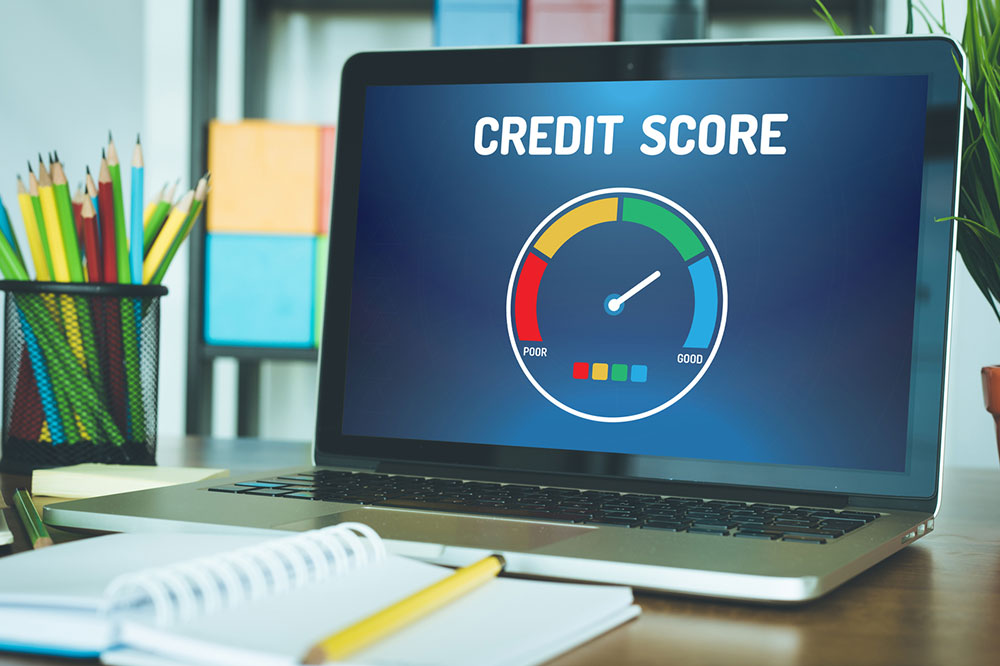
A 5-Step Guide to Boost Your Credit Score
Credit scores are deciding factors for approval of utility services or mortgages. They also influence the amount of interest you pay on an approved loan, so achieving and maintaining a good credit score is a must. It’s not as difficult as you think. With a few steps in the right direction, you can ace credit management. So, if you’re struggling with a bad credit score, here are some tips to improve it:
Make small payments regularly
Pay the bills regularly in the form of micropayments. This can improve bad credit scores as it keeps the credit card balance down. Making multiple payments in a month works on a credit factor known as credit utilization. The lower the credit you utilize, the better your credit score. Also, issuers report your balance to credit bureaus every month, so paying your bills regularly cuts down the risk of a big balance being reported.
Increase your credit limit
Credit limit is the usage limit set by the creditor on your card. If it’s difficult for you to keep up with this set credit limit, increase it. To do so, you must have a good payment history. Creditors also consider your earning potential while determining your credit limit. This is because the more you earn, the higher is your capability of clearing your dues on time. With an increased credit limit, chances are that you won’t max out the card, which will help improve your credit score.
Become an authorized user
Being added on a credit card as an authorized user is another helpful tip to improve a bad credit score. If someone from your family has a strong credit history, they can help you improve your own credit score. Simply ask them to add you as an authorized user on their account. You don’t even need to access their credit card or account. Their own positive payment history and good credit score can improve your standing in front of creditors.
Avoid closing credit cards
This is an essential tip that is often overlooked. A closed credit card can contribute to a bad score. This happens because you lose the credit limit associated with a credit card when you close it, which means your total credit limit goes down while the dues remain the same. This brings down your credit score. Instead of closing a card, simply use it at intervals and leave it at home the rest of the time so that you can retain the credit limit and ensure that the issuer won’t close the card.
Review your credit history frequently
It helps you scan your credit report for inconsistencies. Credit reporting agencies (CRAs) can make mistakes while updating the records, so you must be cautious of any misinformation on your report. At times, they might miss out on updating a loan that is already repaid, which can cause your credit score to suffer. Reviewing your credit reports regularly and getting any mistakes rectified is an effective tip to improve a bad credit score.


